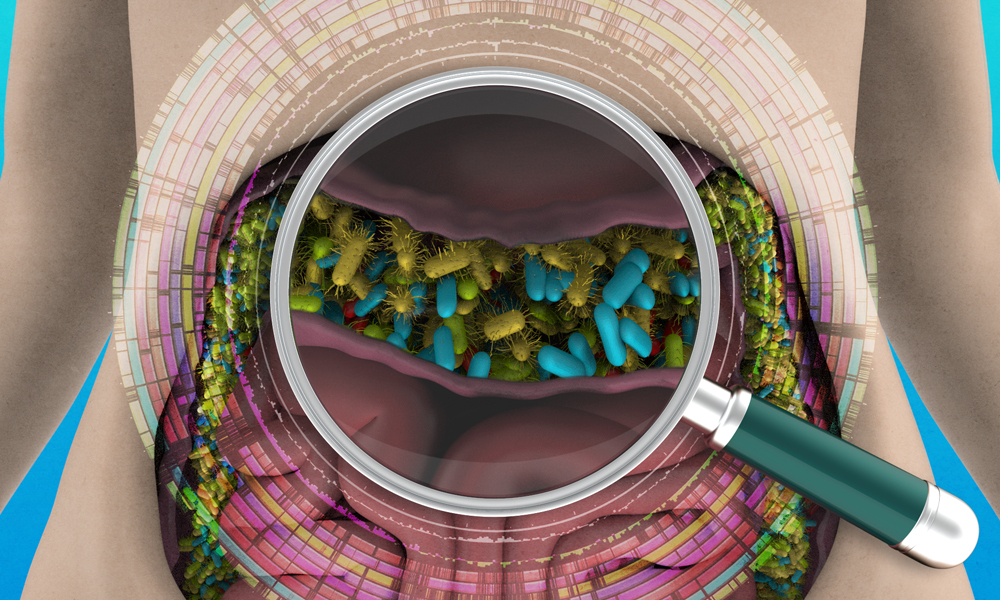Did you know that the bacteria living in your gut can affect your mental and physical health? It’s true! The collection of microorganisms in your digestive system, known as the microbiome, plays a crucial role in keeping you healthy. Let’s explore how your gut bacteria can influence your well-being.
Mental Health
Research has shown that the microbiome can affect your mood and behavior. The gut is sometimes referred to as the “second brain” because it contains an intricate network of neurons that communicate with the central nervous system. This communication is known as the gut-brain axis. The microbiome can produce neurotransmitters, such as serotonin and dopamine, that regulate mood and behavior. In fact, 90% of the body’s serotonin is produced in the gut!
Studies have also linked an imbalance in gut bacteria to mental health disorders such as depression, anxiety, and autism. For example, individuals with depression have been found to have lower levels of certain types of gut bacteria, such as Lactobacillus and Bifidobacterium.
Physical Health

The microbiome also plays a critical role in maintaining physical health. It aids in digestion, synthesizes vitamins, and helps regulate the immune system. An imbalance in gut bacteria has been linked to a variety of health conditions, including:
- Obesity
- Type 2 diabetes
- Inflammatory bowel disease
- Allergies
- Asthma
Research has also shown that the microbiome can affect cardiovascular health. Certain types of gut bacteria have been linked to a lower risk of heart disease and stroke.
Ways to Improve Your Microbiome
So, what can you do to improve your gut health? Here are some tips:
- Eat a healthy diet: A diet rich in fiber and plant-based foods can promote the growth of beneficial gut bacteria.
- Take probiotics: Probiotics are supplements that contain beneficial bacteria. They can help restore balance in the gut microbiome.
- Reduce stress: Stress can disrupt the gut-brain axis and affect the microbiome. Engage in stress-reducing activities such as meditation, yoga, or exercise.
- Avoid antibiotics when possible: Antibiotics can kill off both harmful and beneficial gut bacteria. Only take antibiotics when necessary.
By taking care of your gut health, you can improve your overall well-being. So go ahead and trust your gut feeling!











